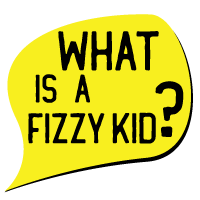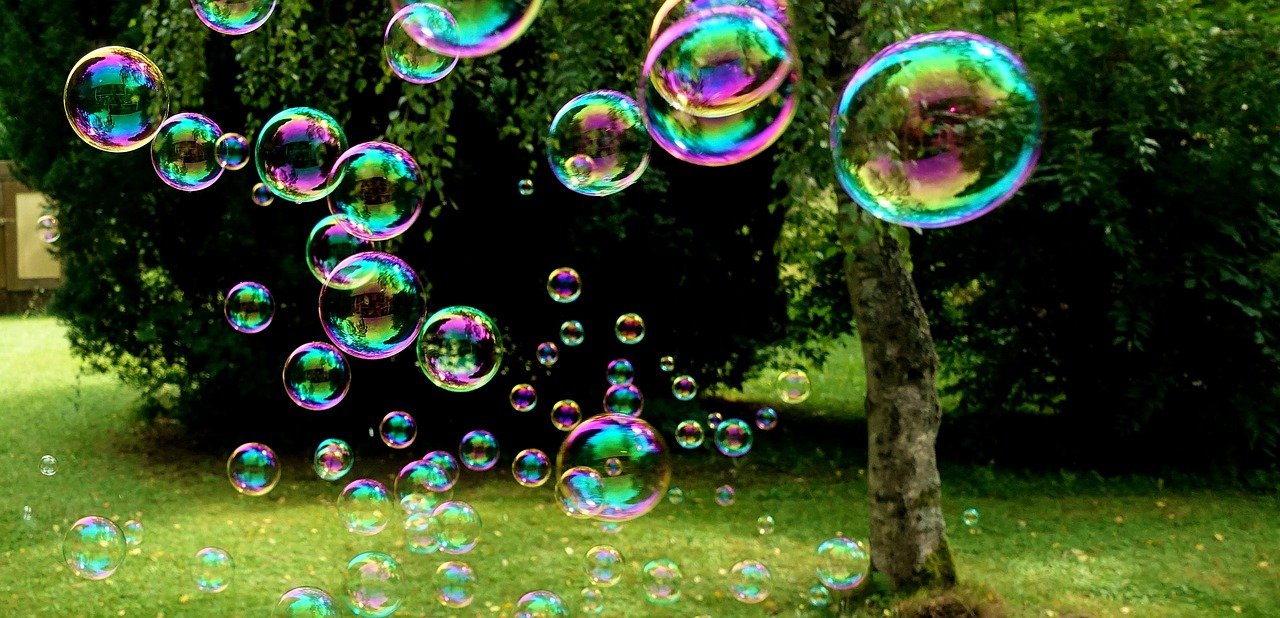Parenting doesn’t come with a manual. Often, we parent the way we were parented ourselves, with the odd tweak here and there. The language we use is probably what we were used to hearing as children. Things like “stop crying” and “calm down” were terms I heard a lot when I was growing up. I don’t remember them having any impact on my ability to stop crying though.
Today’s article is written by Ali about her realisation that that kind of language wasn’t working with her two boys. You can read all about her journey to meeting her sons here. Ali’s launched the brilliant FizzyKids Podcast to share her quest to transform her parenting language to something that has better results for her family. If you don’t follow her on Instagram already, go and say hello.

FizzyKids
Do you have those days when you’re standing at the bottom of the stairs hollering at your shouting child ‘How dare you talk to me like that’?! Or when they’re sobbing hysterically and you’re late for work. You brusquely tell them to ‘just calm down!’.
Well a few years ago that was me. Every.single.day. I couldn’t understand how my kids could make me feel so angry. But also, how incapable I was at dealing with their emotional moments in a more compassionate way. I mean, I would never speak to my friends or colleagues the way I spoke to my kids some days.
When you shout at your kids or say things you don’t want to say, you may drink a lot of gin or go to bed crying, feeling embarrassed, ashamed, exhausted, helpless, frustrated and possibly as if you just want to give up. After all, these children were gifted to our care!
We understand their pasts and incredibly challenging life events they have dealt with. But sometimes in the heat of the moment or on a really bad day, it’s so hard to keep that in mind when we’re interacting with them and dealing with their big feelings and behaviours.
The Podcast LAUNCH
I launched FizzyKids: The Podcast to help share my quest to transform my parenting language and the approach I’ve taken with my fizzy, adopted kids. I hope my story will help others. My experiences to re-learn my parenting skills might benefit other parents and carers.
You see we all have ‘core scripts’* learnt during our childhood. They are embedded in our day-to-day interactions with our children, so it feels natural for us to use phrases and voice tones with our kids that are familiar to us from our own upbringing. We do this even if we know our kids may have different needs than us.
But do these phrases work? In particular, do they work with fizzy kids who are more sensitive or emotional than their peers and taking longer to develop their emotional maturity due to their adverse childhood experiences or learning difficulties?
Parenting Language
After years of trying different strategies, I decided to set about re-learning my parenting language and the approach I take with my fizzy kids. What I really learnt was that parenting them differently has allowed me to re-discover the parts of my character that I most like. Being kind and respectful EVEN whilst parenting. It has also meant that I’m starting to become the parent that my kids need me to be.
I read a couple of books that really opened my eyes to this. ‘Why Can’t my Child Behave?’ by Dr Amber Elliot and ‘The Unofficial Guide to Adoptive Parenting’ by Sally Donovan. Both books offer amazing insights into the mind of a traumatised child and I was inspired to try and change my parenting approach and language.

We were going through an incredibly difficult period with our two adopted boys. A combination of moving house and starting school had left us in a tailspin and after one incredibly challenging weekend, I decided we had to stop, re-set and find a new way of improving our family dynamics.
That was almost two years ago, and if I reflect on the journey we’ve been on, this is what I have learnt:
Better parents
Transforming our parenting language and approach, if nothing else, has made us feel like better parents (well…..most days!). That may sound self-absorbed, but it had to be the starting point. We were drowning in a sea of guilt and shame around not being adequate parents for our kids and their needs. It turns out that the phrase about putting your own lifejacket on first really is true.
Acceptance and Empathy
Parenting our kids differently has put acceptance and empathy at the heart of our family life. We’re not perfect, and frequently forget what our kids have been through, but the language we use helps to focus our thoughts and hearts on what they need.
Learning a new language
Learning a new language allowed me to do respectful and mindful parenting before I actually felt like I was being more respectful and mindful. The behaviours I was seeing were so challenging that during difficult moments I still struggled to remember why they were acting this way. But at least I had some tools to use that meant I was coming across differently and supporting them through those moments.
Practise
Practising and (im)perfecting the new language and approach has allowed me to move from self-criticism to being self-critiquing of my parenting skills. I know I will never be perfect, but at least I’m constantly on the lookout to improve and be the parent my kids need me to be.
The first season of podcasts (six, weekly episodes), shares the good, the bad and the ugly parts of learning to parent differently; things that have worked and things that haven’t. The episodes propose new ways to speak to and interact with the Angry Child, Anxious Child, Rude Child and several others.
In the second season, my plan is to open up the podcast to inspiring parents and carers and professionals who are happy to have a good old chinwag about the ups and downs of parenting fizzy kids!
You can find us on all good podcast platforms (Apple, Spotify, Google, Overcast etc.). Do tell us what you think as we would love some feedback.
I do hope you enjoy the show. One thing I promise is that I won’t tell you to CALM DOWN…
*(Zach Gomm, Great Behaviour Breakdown Course – if you haven’t been on it, then Fizzy Husband and I would recommend it!)

Click here to read more parenting articles.



